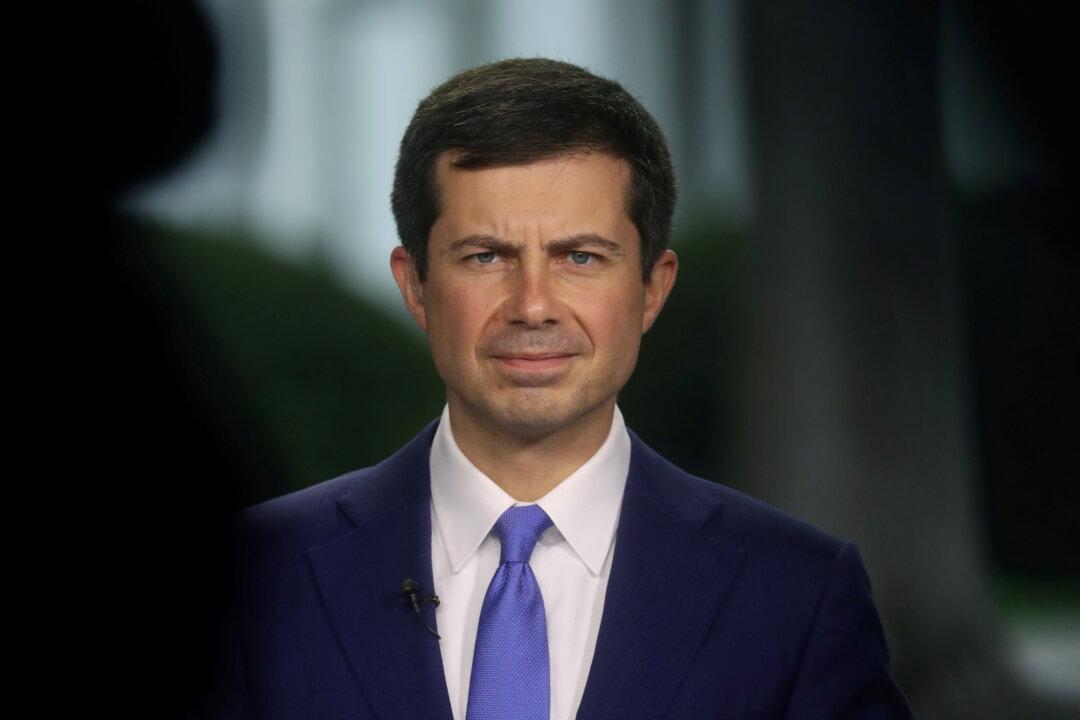Transportation Secretary Pete Buttigieg touted the benefits of electric vehicles as a solution to higher gasoline prices during a July 19 House Transportation and Infrastructure Committee hearing.
In an exchange with Rep. Carlos Giménez (R-Fla.), Buttigieg reiterated his position that the elevated cost of gasoline will create a greater benefit for consumers who are able to purchase electric cars (EV).





